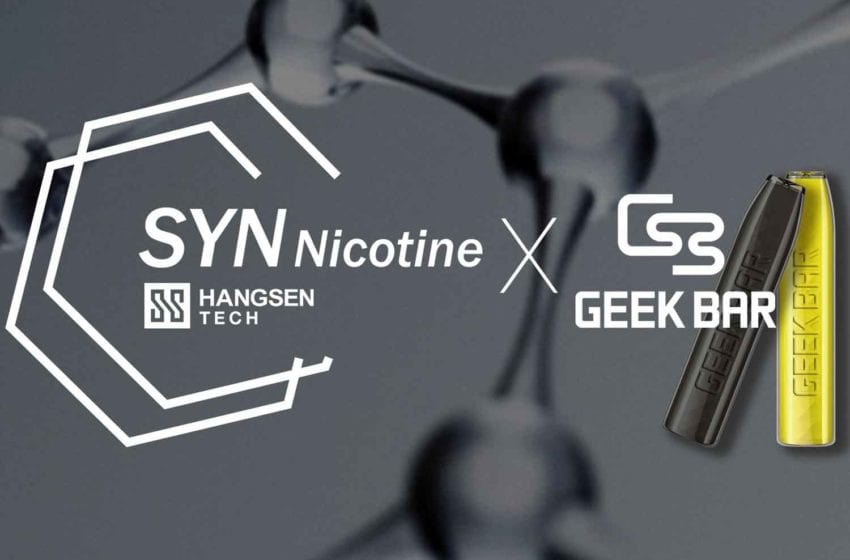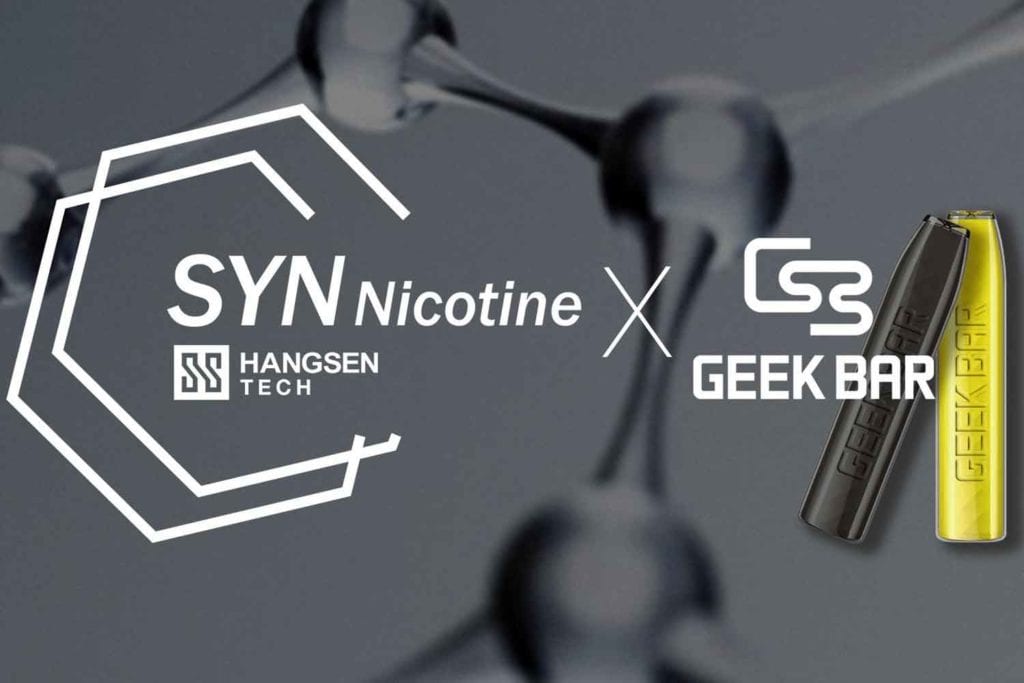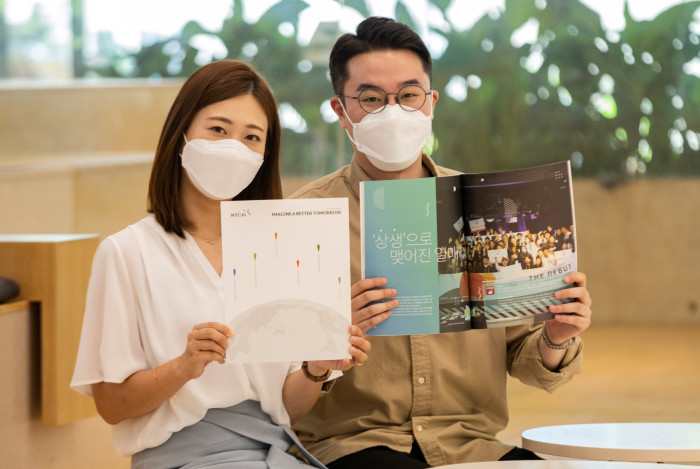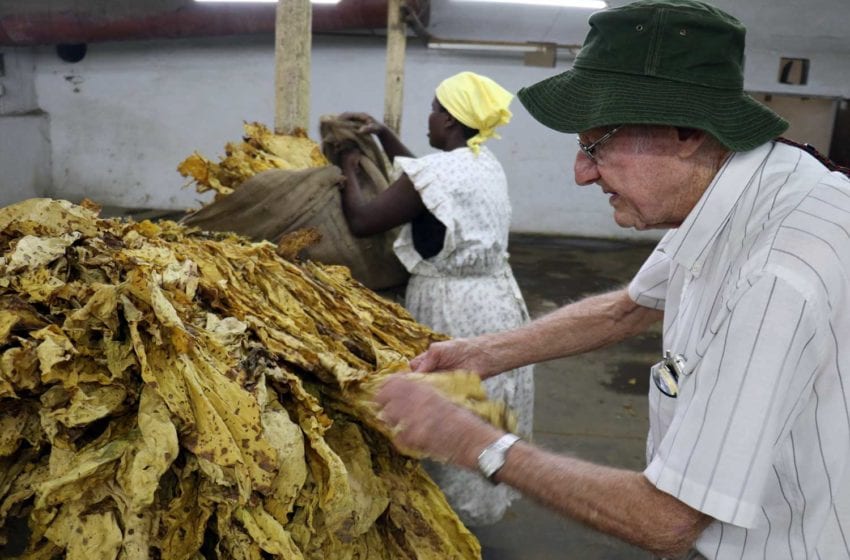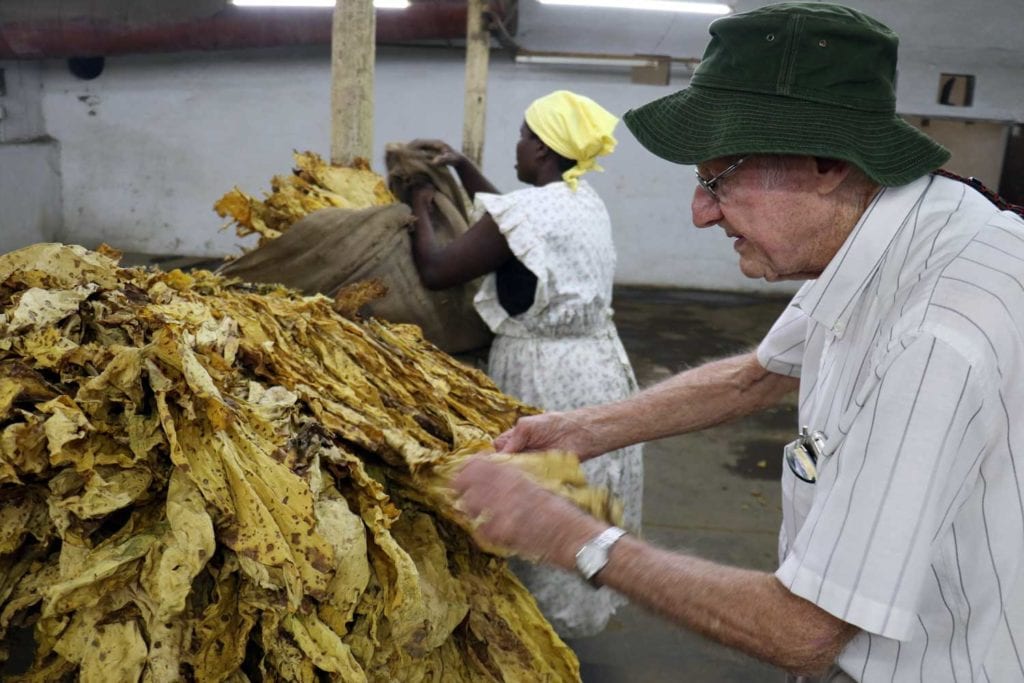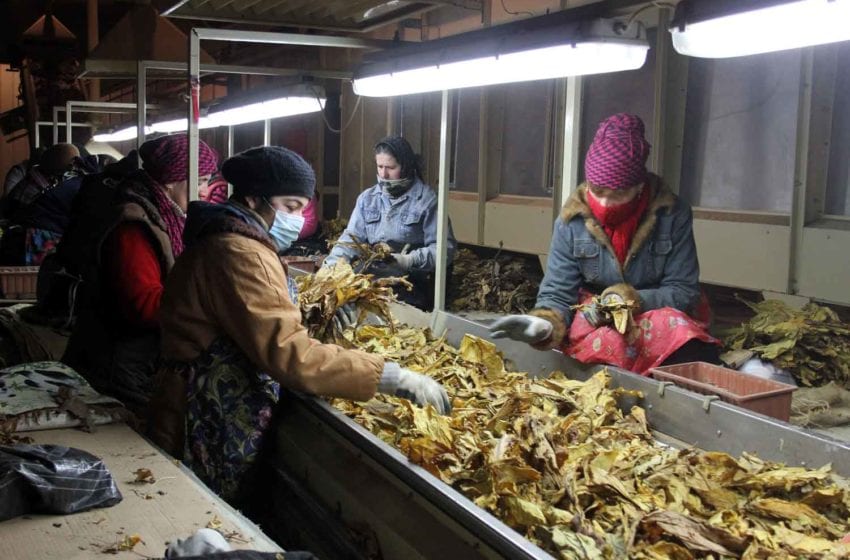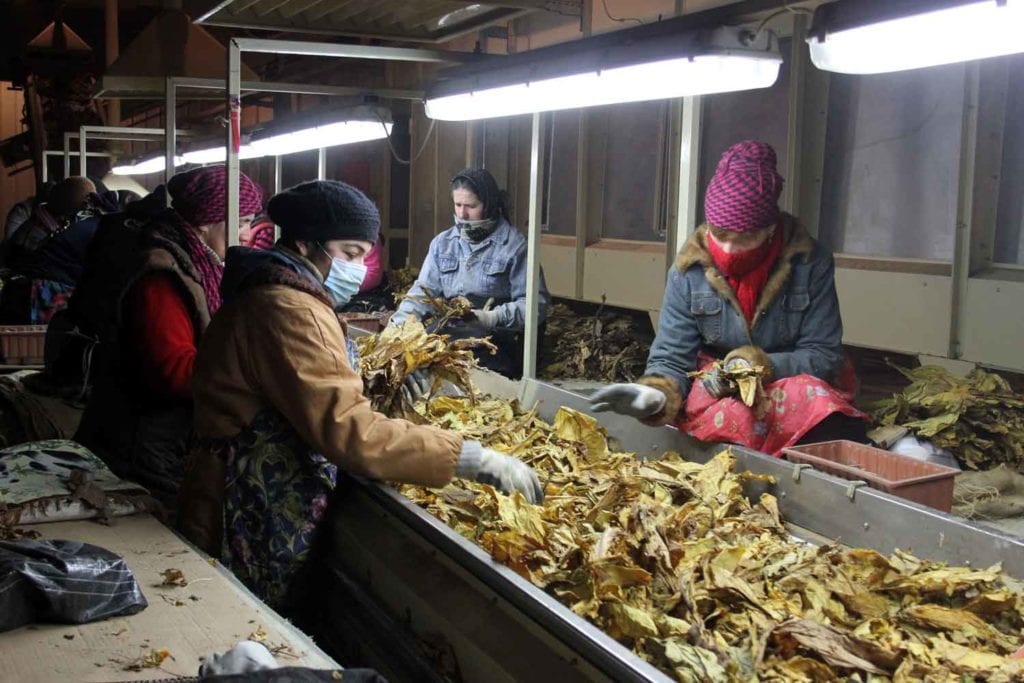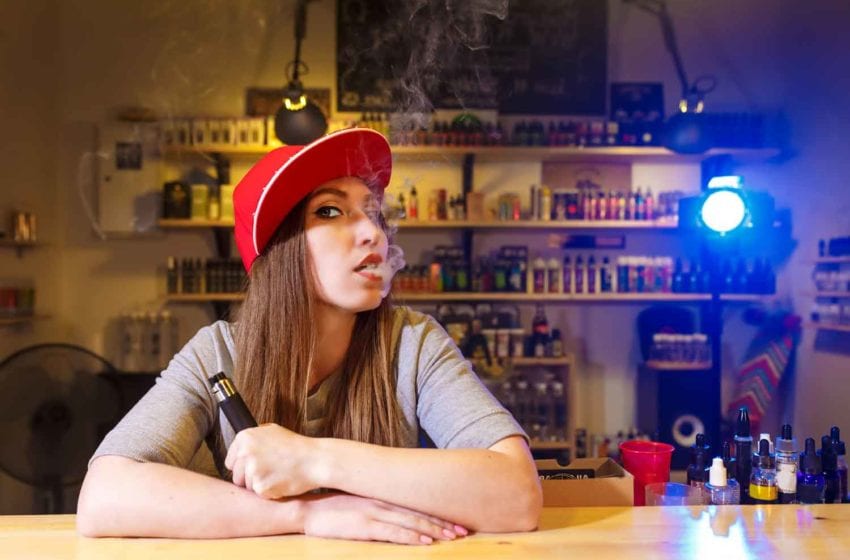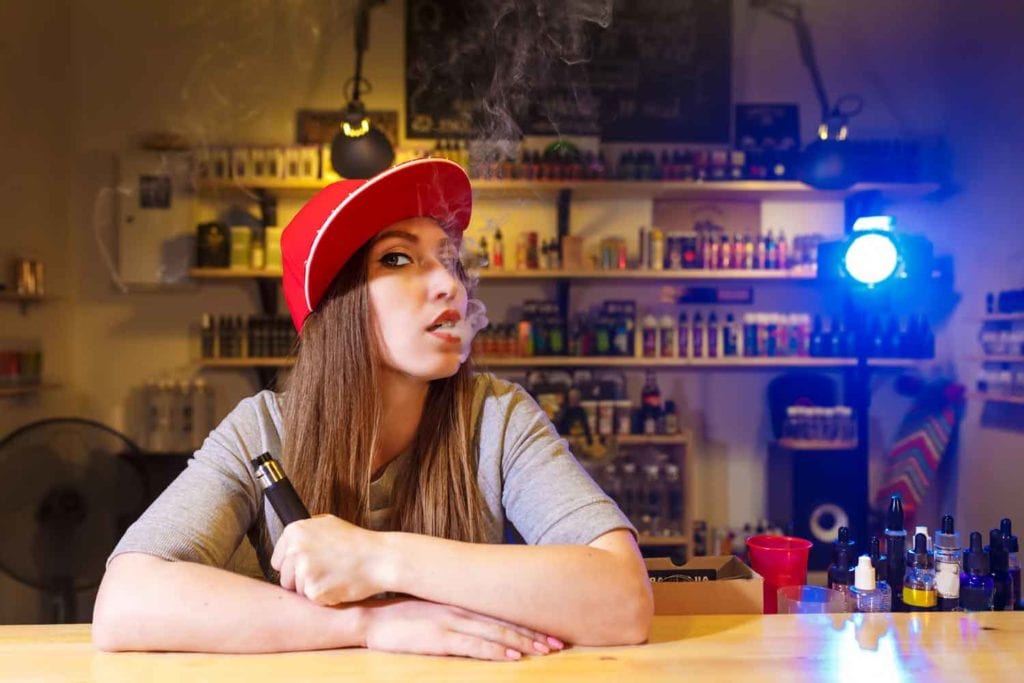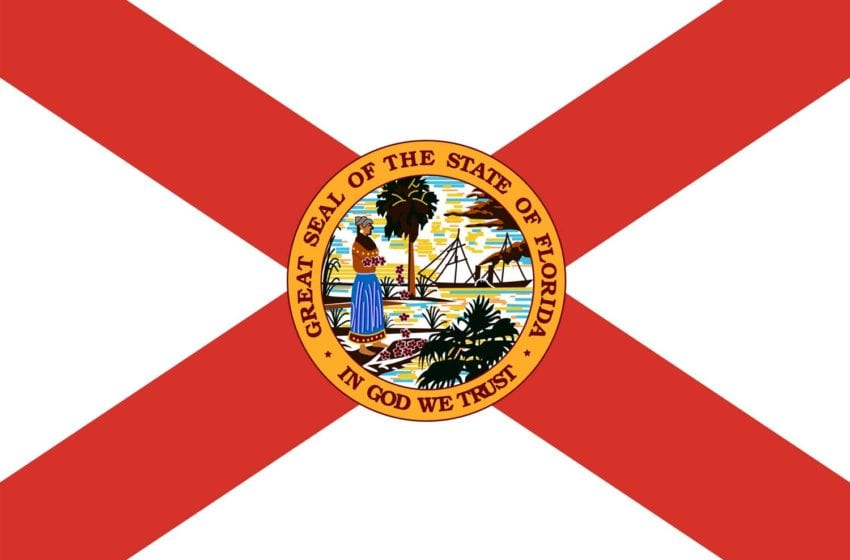Japan Tobacco International (TJI) has published a report, independently verified by Intrinsic Insight, entitled ‘The Gathering Storm’, on how the illegal tobacco trade is operating during the Covid-19 pandemic and preparing to reap the rewards in the economic aftermath.
Law enforcement agencies around the world have welcomed the report, which is based on 63 field studies, conducted across 50 countries including Russia, Canada, Malaysia and the Philippines where tobacco smugglers currently have a strong presence. JTI intelligence found that the global public health crisis and financial downturn has created the conditions for a ‘perfect storm’ where organized criminal groups will further exploit public demand for cheap goods, and capitalize on dwindling buying power in the impending global recession, particularly in countries with high tax regimes.
The report has provided JTI with a global picture of four emerging trends, consistent with Euromonitor and Europol intelligence:
- Evidence shows that criminal groups are biding their time in readiness for an anticipated boom in illegal tobacco sales
- Western countries have seen relatively little reduction in the production and availability of illegal tobacco. Since April 2020, local enforcement agencies have made significant seizures of illegal factories or their components in the Czech Republic, Greece, Ireland, Belgium and Spain
- Changed law enforcement priorities and border restrictions have been mixed in limiting supply and the availability of illegal tobacco: whilst governments and authorities in Far East Asia were quicker to impose restrictions, those in the West failed to act with such precision
- Technology has been increasingly deployed throughout the pandemic to enable sales of illegal tobacco to continue where strict lockdowns were put in place by governments throughout Eastern Europe, the Middle East, Africa and Asia Pacific, where WhatsApp and Facebook have provided quick and easy methods of communication between the consumer and criminals. Furthermore, the International Chamber of Commerce predicts that global counterfeit trade will reach $4 trillion by 2022, primarily fueled by e-commerce.
According to the World Bank, the global trade in illegal tobacco is already worth an estimated $40 billion-to-50 billion each year to the criminal groups who produce, manufacture, smuggle, distribute and sell tobacco products on which there is no tax duty paid. The loss of revenue to law-abiding retailers is also significantly felt, as is the impact on consumers who are lured into buying sub-standard products.
“To some consumers illegal tobacco is a victimless crime, which is why we need to inform them not only of the hidden dangers they are consuming, but the wider social consequences of buying from criminal groups who also traffic people and arms,” said Ian Monteith, JTI’s global anti illicit trade director. “Our report, shared with over 160 law enforcement agencies across the world, is the first of its kind for intelligence gathering during the pandemic, and we hope it will serve as a warning to governments of ‘the gathering storm’ in the black market.”
To tackle ‘the gathering storm,” JTI is calling for:
- Improved enforcement at national borders
- Improved intelligence sharing through public and private partnerships between all industries and law enforcement agencies
- Exploration of fiscal measures that will allow consumer confidence to grow and avoid the temptation to spend on illegal products
- Coordinated global campaigns to inform consumers through increased awareness about the dangers of illegal tobacco and the consequences that arise through its trade.



